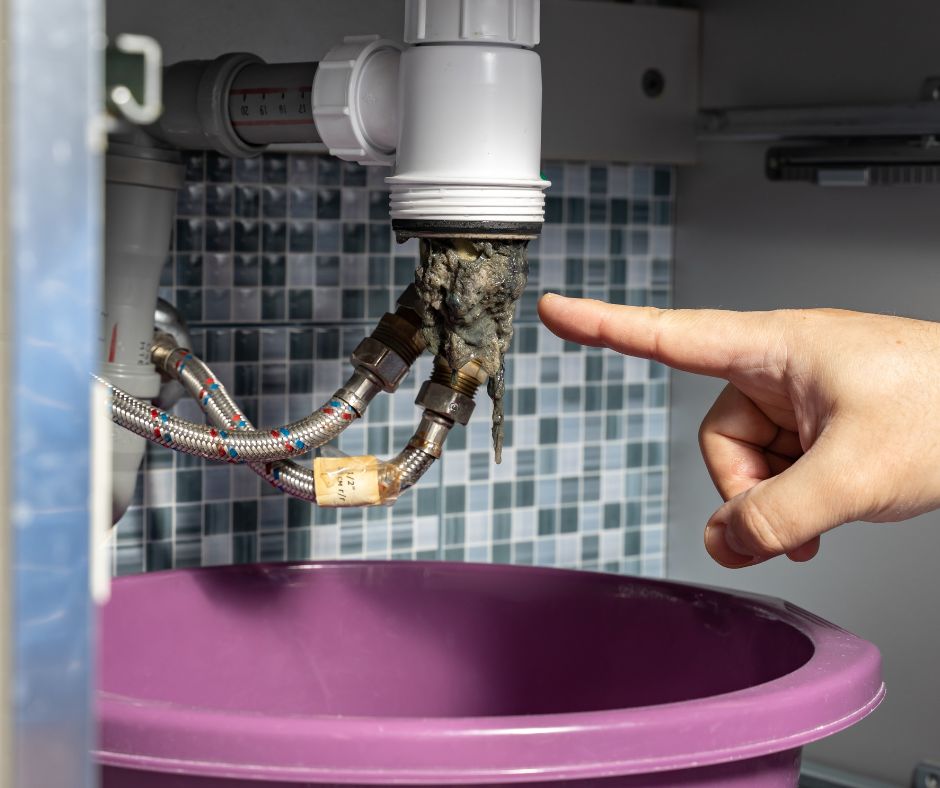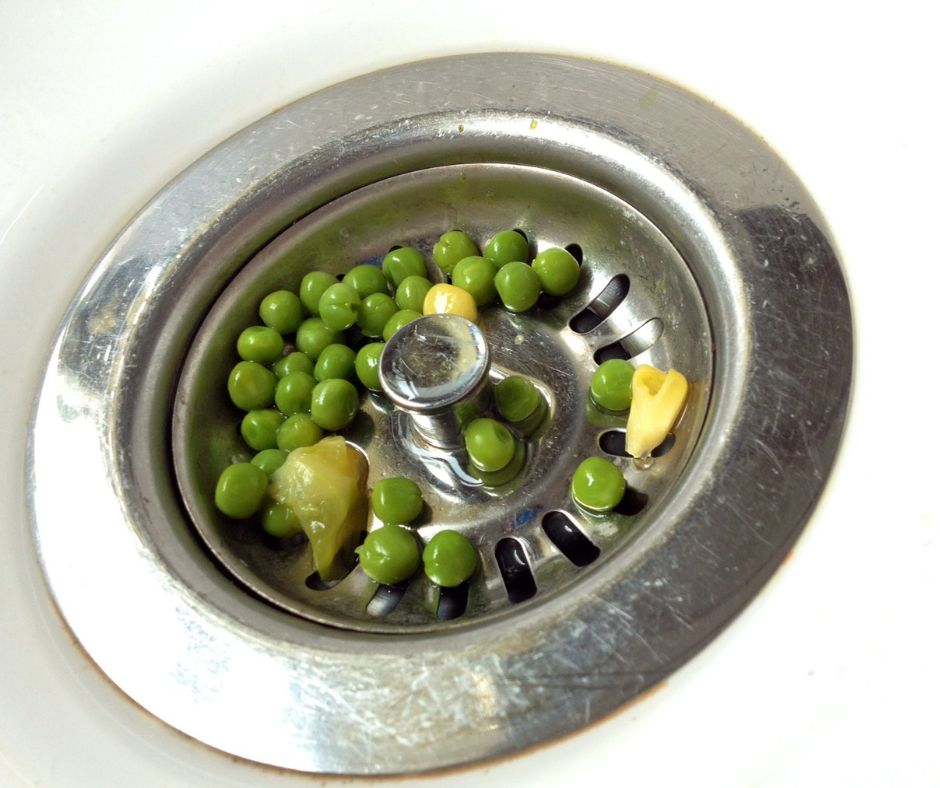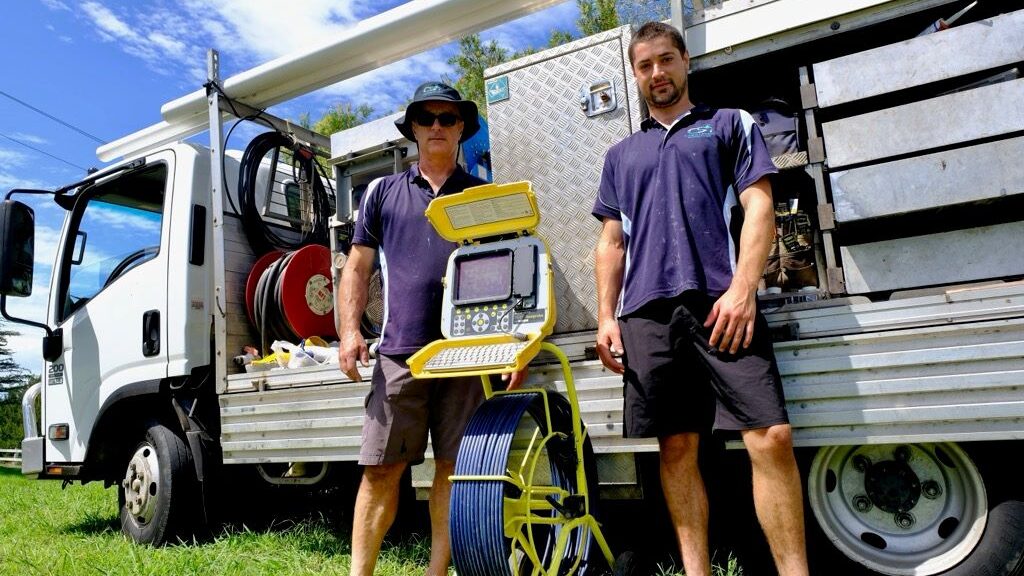Understand the Key Causes of Unpleasant Smells Emerging from Your Drains
Unpleasant odours that emanate from your drains can frequently be traced back to the buildup of food particles, soap scum, and various forms of organic matter that accumulate within your pipes. Other significant contributors to these unpleasant smells may include a dry or malfunctioning water trap and the proliferation of bacteria within the drain line. To effectively eliminate these distressing odours, it is advisable to flush your drain with a combination of boiling water and vinegar, clean the trap if it is accessible, and ensure that all water seals are intact. If the foul smell continues, consulting a licensed plumber could be necessary to identify any deeper blockages or potential sewer gas leaks.

Uncover the Common Sources of Foul Drain Odours in Homes Across Wollongong
1. Build-Up of Organic Debris in Your Drain System
Over time, materials such as food scraps, soap, grease, and hair tend to accumulate within your drain system. This organic matter, if left unchecked, will decompose and create an environment conducive to bacteria growth. This bacterial activity can result in unpleasant odours that may resemble sulphur or take on a musty scent. By implementing regular maintenance and cleaning routines for your drains, you can significantly reduce these organic accumulations and the foul smells that accompany them.
2. Issues with the Water Trap (P-Trap or S-Trap)
The drain trap is a critical part of your plumbing system, specifically designed to hold a small amount of water, preventing harmful sewer gases from entering your home. If the trap becomes dry—often due to infrequent use—or if it has been incorrectly installed, harmful gases can escape into your living space, resulting in unpleasant odours. Ensuring that the trap is consistently filled with water is essential for maintaining a clean and odour-free home environment.
3. Clogs in Vent Pipes
Plumbing vents play a vital role in maintaining pressure and safely directing sewer gases out of your home through the roof. When these vents become obstructed by debris, birds’ nests, or corrosion, gases may be forced back down into your drains, leading to foul odours. Regular inspections of your vent pipes are necessary to ensure they remain clear and fully functional.
4. Deteriorating Pipes in Older Plumbing Systems
Older plumbing systems, especially in certain suburbs of Wollongong, may have cracked or damaged pipes that can leak gases or allow debris to collect, resulting in stagnant water and unpleasant odours. If you suspect that your pipes might be damaged, it is crucial to seek a professional inspection to prevent further plumbing problems and ensure a healthy home environment.
5. Improper Installation of Household Appliances
DIY installations of appliances like washing machines or dishwashers can often lead to issues, including the absence of proper traps or incorrect connections. These errors can allow foul odours to escape into your living space. If you have recently installed an appliance, it is essential to verify that it has been set up correctly to avoid the development of unpleasant smells.
Effective DIY Strategies for Eliminating Unpleasant Drain Odours
Flush Your Drain Thoroughly
To effectively combat unpleasant odours, pour a generous amount of boiling water followed by a mixture of vinegar and bicarbonate soda down the affected drain. Allow the mixture to fizz and work for about 10 to 15 minutes, then flush the drain once more with hot water. This method aids in breaking down any organic material and effectively eliminating foul odours.
Inspect and Clean the Drain Trap
Whenever possible, remove and thoroughly clean the U-bend trap located beneath your sinks. Remember to wear gloves and prepare for potentially unpleasant odours, as it may be clogged with hair, sludge, or grease. Regular cleaning of the trap will ensure that it functions efficiently and helps prevent future unpleasant smells from developing.
Restore Water Levels in the Drain Trap
If a drain hasn’t been used for an extended period, such as in a guest bathroom or floor waste, simply pouring a few cups of water into it can help restore the necessary water seal. This action prevents sewer gases from infiltrating your home and keeps your environment free from unpleasant smells.
Improve Ventilation in the Affected Area
To help disperse any lingering gases while addressing the issue, utilize fans or open windows for ventilation. It is advisable to avoid chemical cleaners, as they may cause further corrosion of your pipes. Natural ventilation methods will assist in maintaining healthier indoor air quality while addressing the odour problem.

Recognizing When It's Necessary to Call a Trusted Plumbing Expert
If unpleasant odours persist despite your cleaning efforts, or if multiple drains in your home are affected, it is crucial to reach out to a professional. Ongoing foul odours may indicate serious issues such as:
- A blocked main drain line that requires immediate attention
- A breach in sewer pipework that could lead to substantial damage
- A faulty or collapsed P-trap that needs replacement
- A ventilation problem located within walls or ceiling cavities
A licensed plumber will employ advanced inspection techniques, such as inspection cameras or smoke testing, to accurately determine the root cause of your plumbing challenges. For homes exposed to salt air or aging pipework, we highly recommend scheduling a comprehensive drain inspection or considering a pipe relining service to address any potential problems effectively.
In urgent situations, especially if sewage odours are present in living spaces, our emergency plumbing service is available 24/7 throughout the Illawarra region, ensuring you receive prompt and reliable assistance.
Proactive Steps to Prevent Future Drain Odours in Your Home
- Refrain from pouring grease or oils down the kitchen sink to avoid build-up
- Regularly clean drain strainers on a weekly basis to keep drains clear
- Run boiling water through your bathroom and laundry drains monthly to help clear any residues
- Seasonally flush drains that are used infrequently to maintain trap water seals
- Schedule an annual plumbing check-up with a reliable local provider to ensure system health

Essential Advice for Homeowners in Wollongong Regarding Drain Odours
The presence of unpleasant drain smells is not merely an inconvenience; these odours can indicate trapped waste, missing seals, or potentially serious leaks and ventilation issues that could escalate into significant health or structural problems. In Wollongong, where the landscape includes both new estates and older homes, these odours often stem from simple blockages but can also signify deeper issues concealed behind walls or beneath concrete.
It is vital not to merely mask the odour with temporary solutions. Instead, focus on diagnosing the underlying cause of the problem and addressing it effectively at the source. If your DIY efforts do not yield satisfactory results, trust the expertise of a licensed plumber, such as our team at CS Plumbing Services, who understand the unique characteristics of your home and how to maintain its safety and functionality.

The Article: Drain Smells: Permanent Solutions to Eliminate Odours first appeared on https://writebuff.com
The Article Drain Smells: Effective Ways to Eliminate Odours Permanently Was Found On https://limitsofstrategy.com


I found your insights on the causes of unpleasant smells from drains really enlightening. It’s fascinating how something so seemingly minor can indicate bigger issues in our plumbing systems. I remember when I first moved into my place, I experienced that awful sulphur smell every time I ran the sink, and it turned out to be a combination of food debris and a dry trap. It’s great to know there are easier DIY solutions like boiling water and vinegar to tackle these smells.